Last article: Cool green "fairyland" gardens
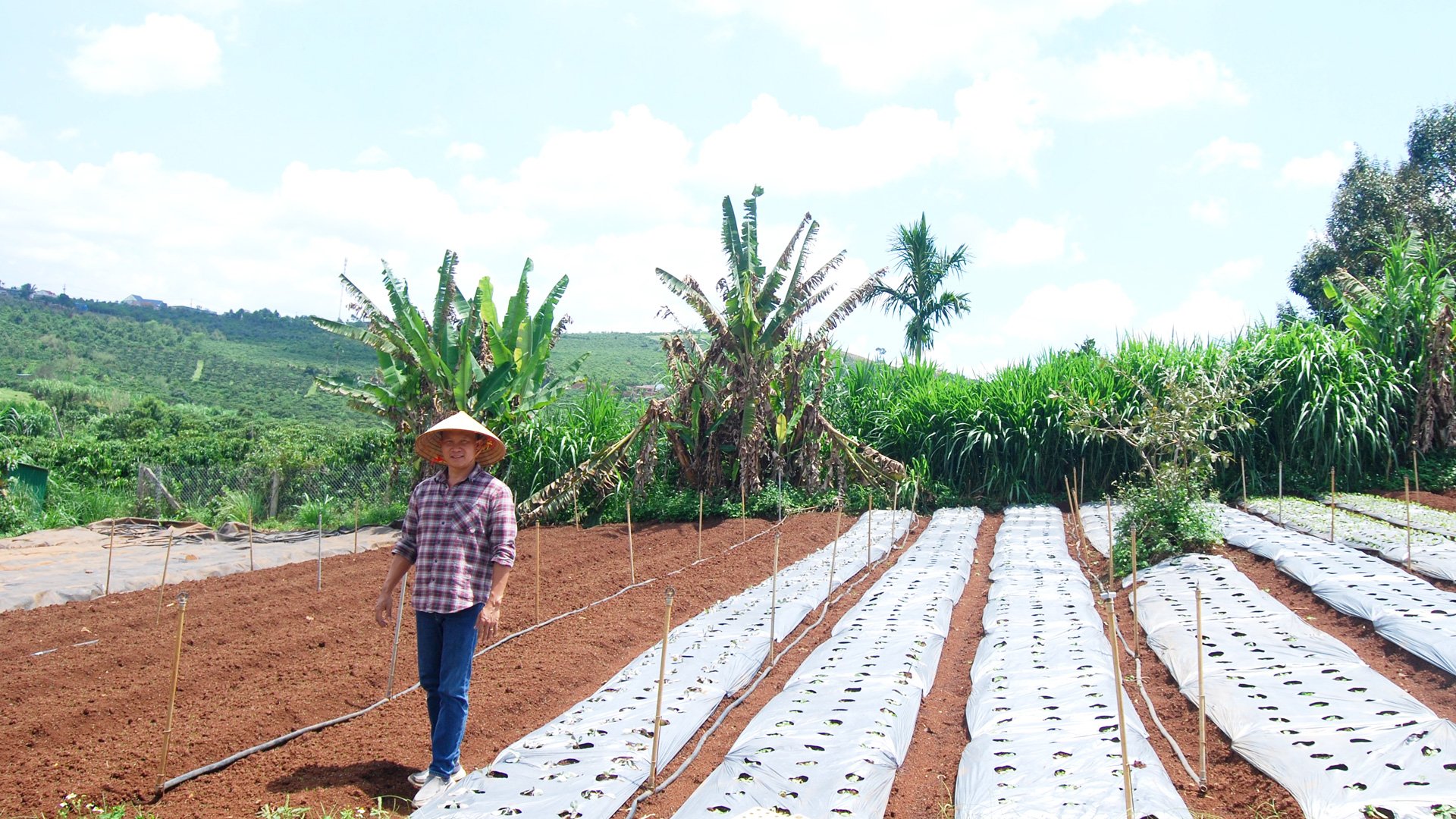 |
| The "fairyland" garden applies synthetic organic microbial solutions of farmer Bui Ngoc Chau in Hoai Duc commune, Lam Ha district |
Through studying scientific documents around the world, farmer Bui Ngoc Chau realized that the cause of global warming and climate change is due to production and business activities that emit increasing amounts of carbon. To contribute to a more peaceful environment in the direction of Net Zero, farmer Bui Ngoc Chau has implemented the idea of green production following the operation of nature without stopping for more than 17 years, in which the breakthrough activity is by useful microorganisms discovered from the mountainous forests in the countryside of Tien Phuoc district, Quang Nam province.
• CREATE PROBIOTICS FROM 5 KG OF COOKED RICE TO MAKE 10 KG OF RICE
Bui Ngoc Chau said that starting in 2008, connecting from the experience of fermenting pickles, fish sauce, and traditional fish sauce, he experimented with creating his first probiotic yeast with 5 kg of rice cooked into 10 kg of rice, wrapped in newspaper and placed in a wooden box, and buried in the forest under 40 - 50 degrees of humidity. As a result, 7 - 10 days later, Mr. Chau dug up and opened the lid of the lunch box to see clusters of tiny white mushroom fibers on top. Comparing the research data, this was a beneficial white mushroom; harmful mushrooms were yellow or red. Bringing the fermented lunch box to his home garden, Mr. Chau composted it with 10 tons of fresh cow manure mixed with the ground cover of various types of straw, cosmos flowers, and stinky bunches. After 60 days, he harvested 7 tons of organic microbial nutritional products. Testing the care of rice plants on 6,000 m2 and eggplant plants on 500 m2 with the first batch of organic microbial nutrients in Tien Phuoc district, Quang Nam province, without using biological drugs and pesticides. The results showed that after 35 - 40 days compared to conventional nutrition, the rice plants grew more than 30% more tillers. After 85 days, the eggplant plant fruit set rate more than doubled...
Continuing to adjust the method, adding isolated probiotics, changing the time of converting pure organic nutrients, optimizing profits, Mr. Bui Ngoc Chau's model was chosen by departments and branches inside and outside Quang Nam province as a widely deployed point for cooperatives, cooperative groups, and farming households to produce and raise livestock according to the circular economic cycle. For example, in Ba Ria - Vung Tau province, farmer Bui Ngoc Chau used rice, soil, corn, beans, molasses, and peat to create 1,000 liters of probiotics to water the leaves and compost 3 tons of organic fertilizer to fertilize pepper plants of 15 households (1 - 2 hectares/household), returning the green color of growth and yield to meet export standards. In Gia Lai province, restoring pepper and coffee plants of 14 households (1 - 2 hectares/household). In a northern mountainous province, 30 hectares of tea were renovated...
• COOL "FAIRYLAND" GARDEN WITH NET ZERO DIRECTION
In 2017, after 9 years of isolating and cultivating indigenous microorganisms, farmer Bui Ngoc Chau went to Lam Dong province's agricultural areas to practice green transformation quite successfully on an area of 100 hectares of tea in Bao Lam district, 4,000 m2 of greenhouses growing high-quality vegetables of all kinds in Da Lat and Lac Duong. From 2021 to present, he has established a garden to create a "fairyland" green area of 3 hectares in Hoai Duc commune, Lam Ha district. Here, the main role of cultured microorganisms has always proven useful in helping the soil eliminate pathogens and increase the absorption of useful organic substances for crops. In May 2025, farmer Bui Ngoc Chau's "fairyland" green farm harvested 150 - 200 kg of organic crops per day, including lettuce, sweet cabbage, bok choy, and spinach grown in a 0.2 ha greenhouse; broccoli, cauliflower, carrots, dandelions, cabbage, beetroot with 1.2 hectares of greenhouses; 1 hectare of coffee yields an average of 5 tons of green beans per year. In addition to 3 hectares of intercropping with 2 households spreading the green color of "fairyland" and purchasing the products of farmer Bui Ngoc Chau, in total, every day, about 500 kg of organic vegetables circulating in the mountains of Lam Dong are brought to the domestic market. Annual accounting of each "fairyland" garden here saves 50% of input costs, increases output by 20%...
Now, at his “fairyland” farm, farmer Bui Ngoc Chau cultivates and isolates thousands of liters of microorganisms every month using automatic machinery technology, combined with thermal technology and mechanical technology solutions to synchronously produce compost, activated carbon, wood vinegar, and marine fish protein essence products, applying the same organic agricultural model that is economically efficient and sustainable with the green environment.
In Lam Ha district alone, farmer Bui Ngoc Chau has successfully transferred the integrated organic microbiological model to nearly 80 households producing coffee, mulberry, vegetables, tubers, fruits, and raising livestock and poultry on a total area of nearly 50 hectares. In particular, farmer Bui Ngoc Chau is building a chain linking 8 households cultivating 20 hectares of coffee in the same commune of Hoai Duc, Lam Ha district to build a "fairyland" growing area code that not only brings annual cumulative profits but also increases the green coverage of Lam Dong's mountains and forests, contributing to regulating cool temperatures in the direction of Net Zero, reducing drought and minimizing natural disasters due to the pressure difference between the two sea and forest areas...
Source: https://baolamdong.vn/kinh-te/202505/ket-noi-bien-rung-voi-net-zero-bai-cuoi-b981e8a/


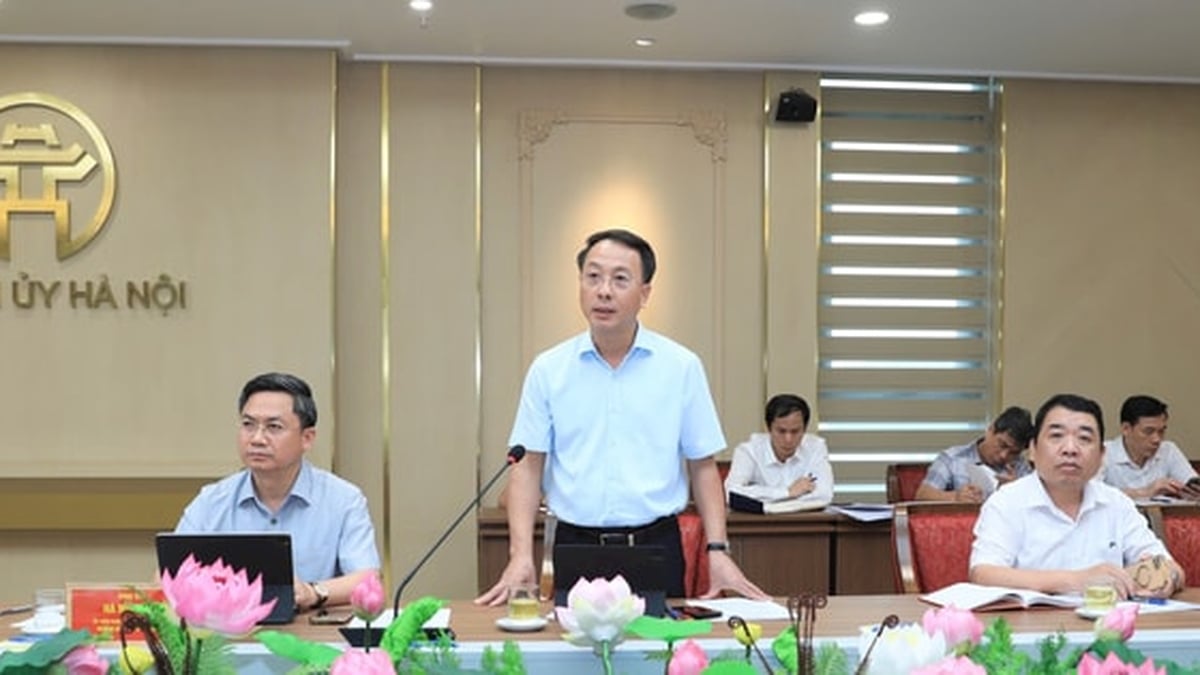
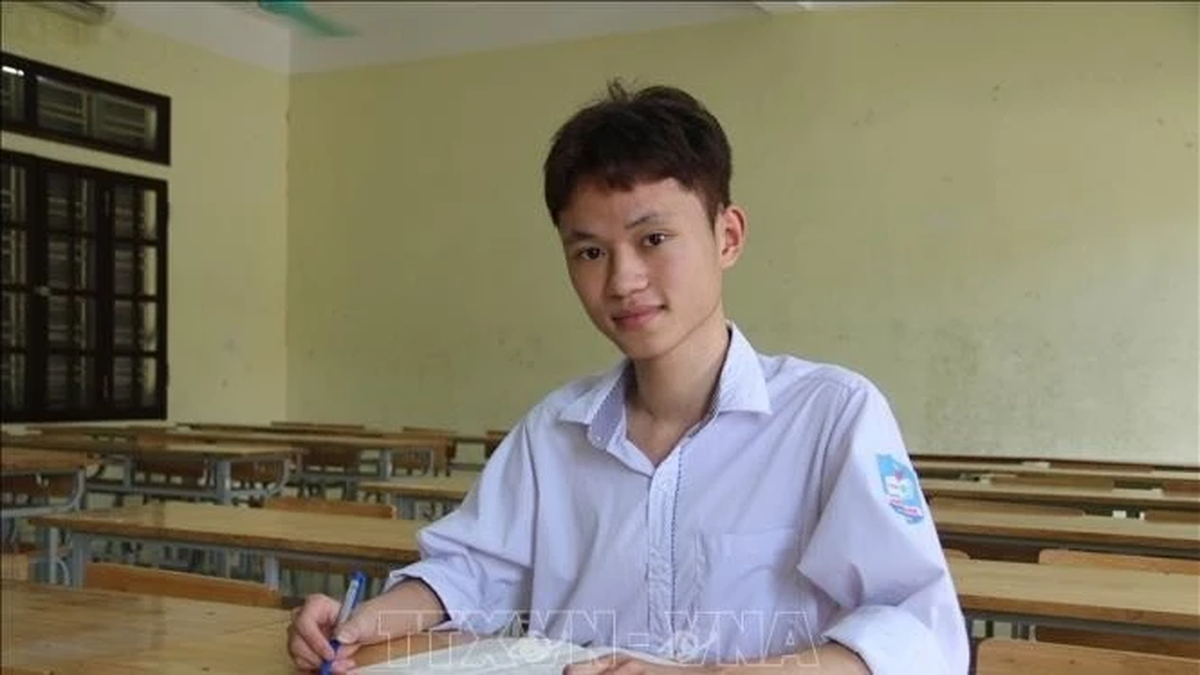
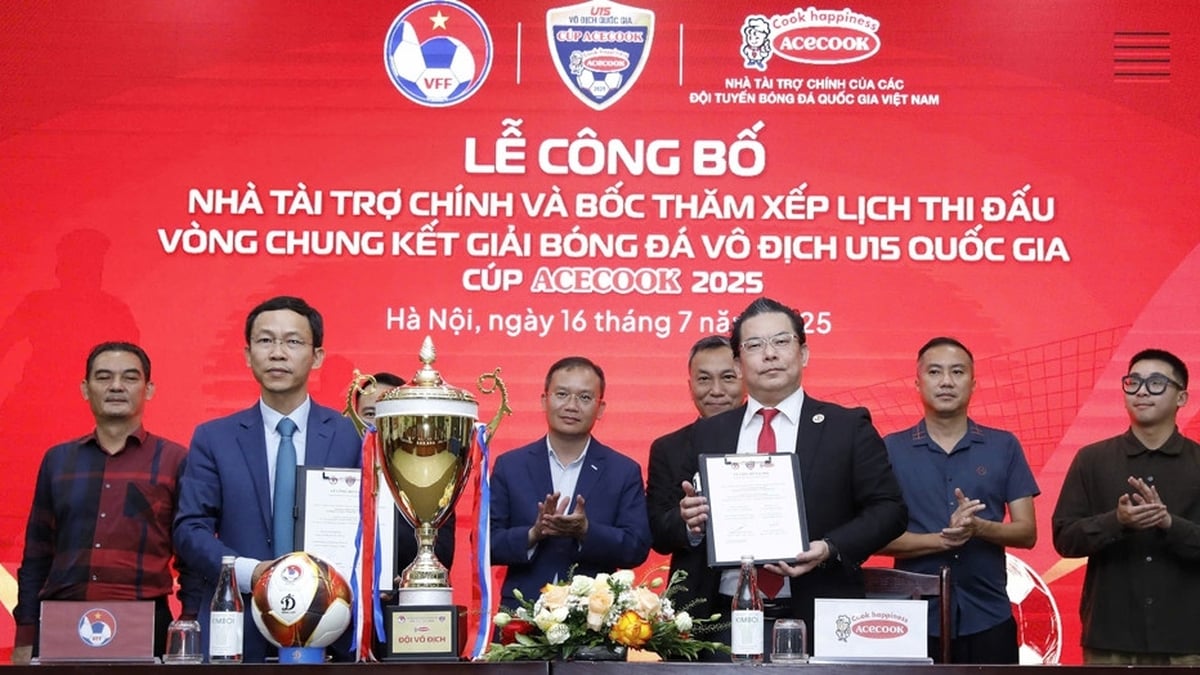
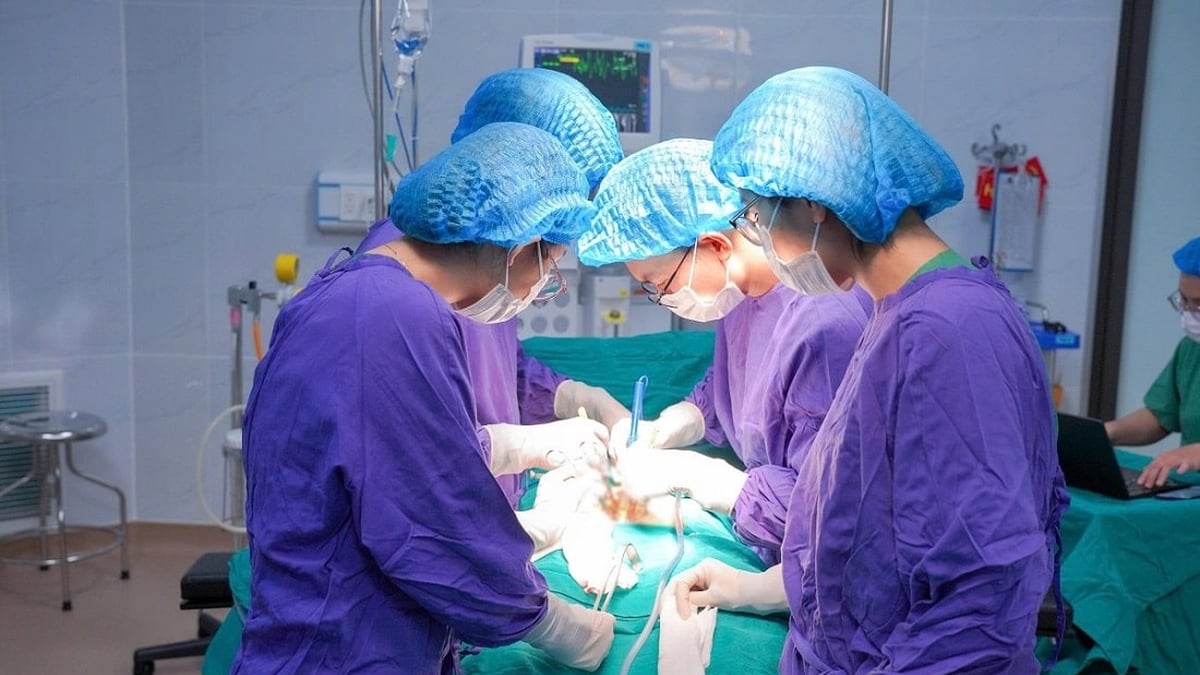
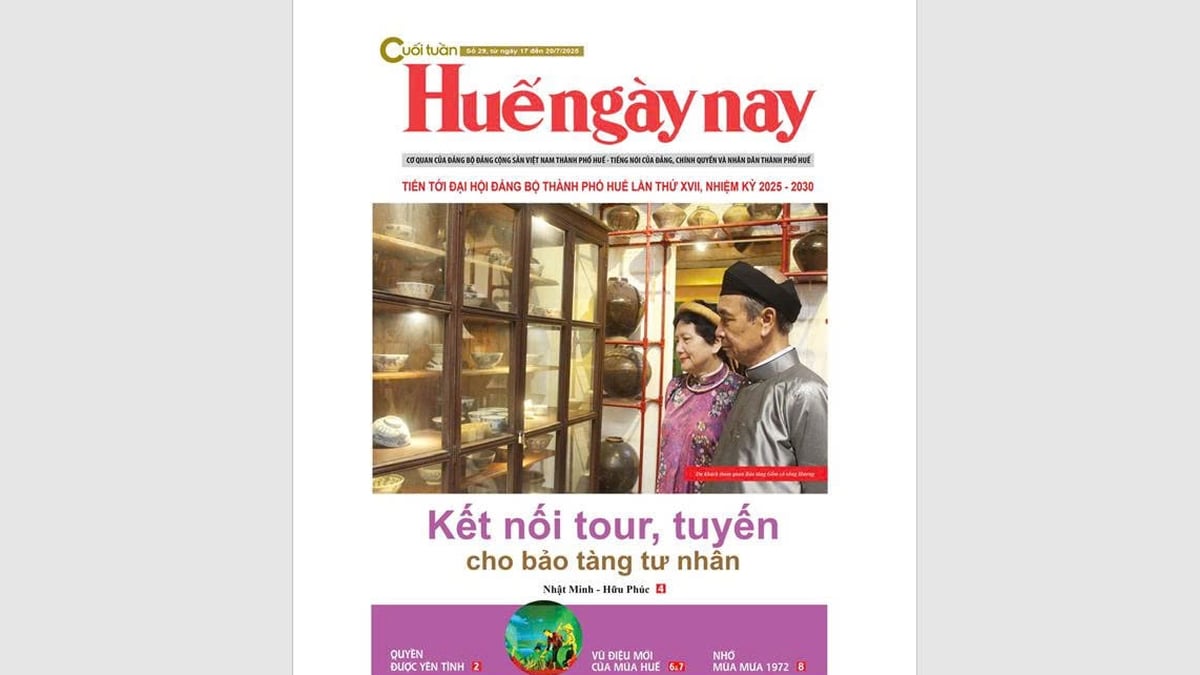
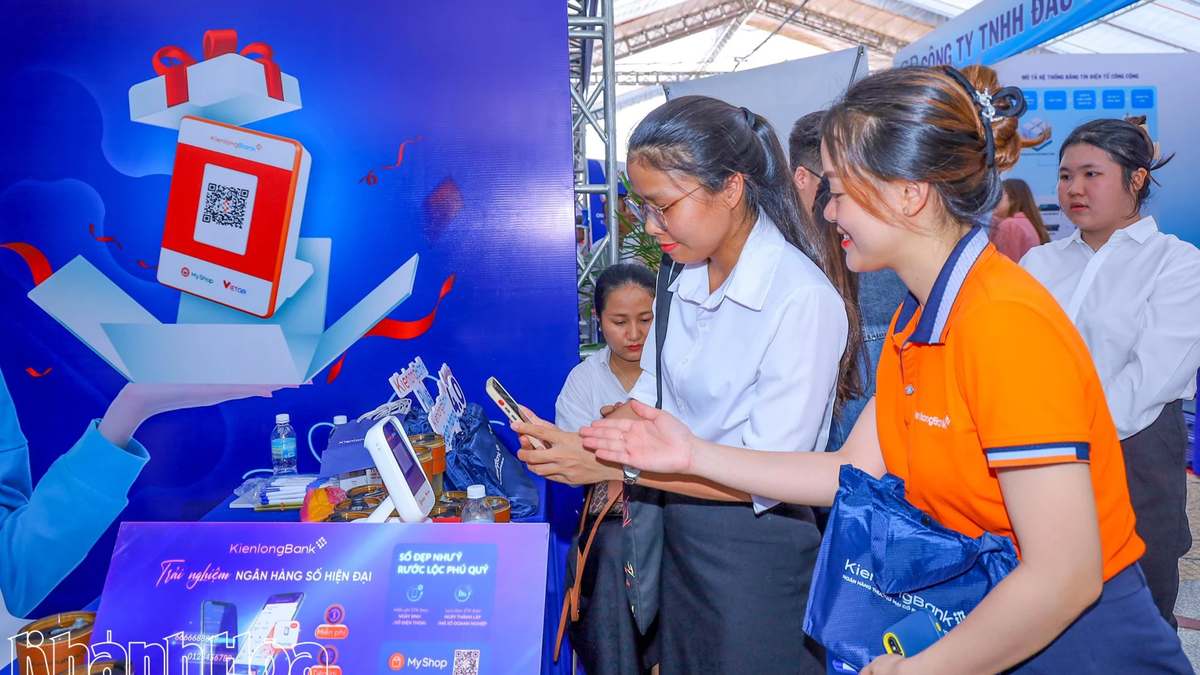
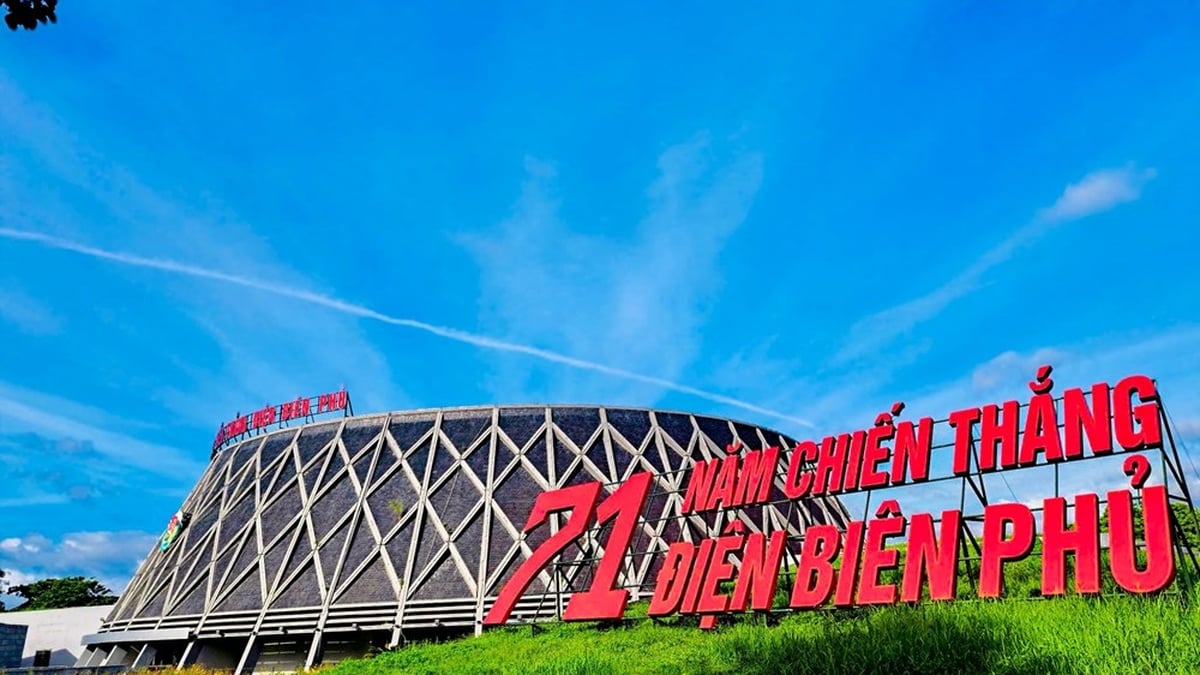
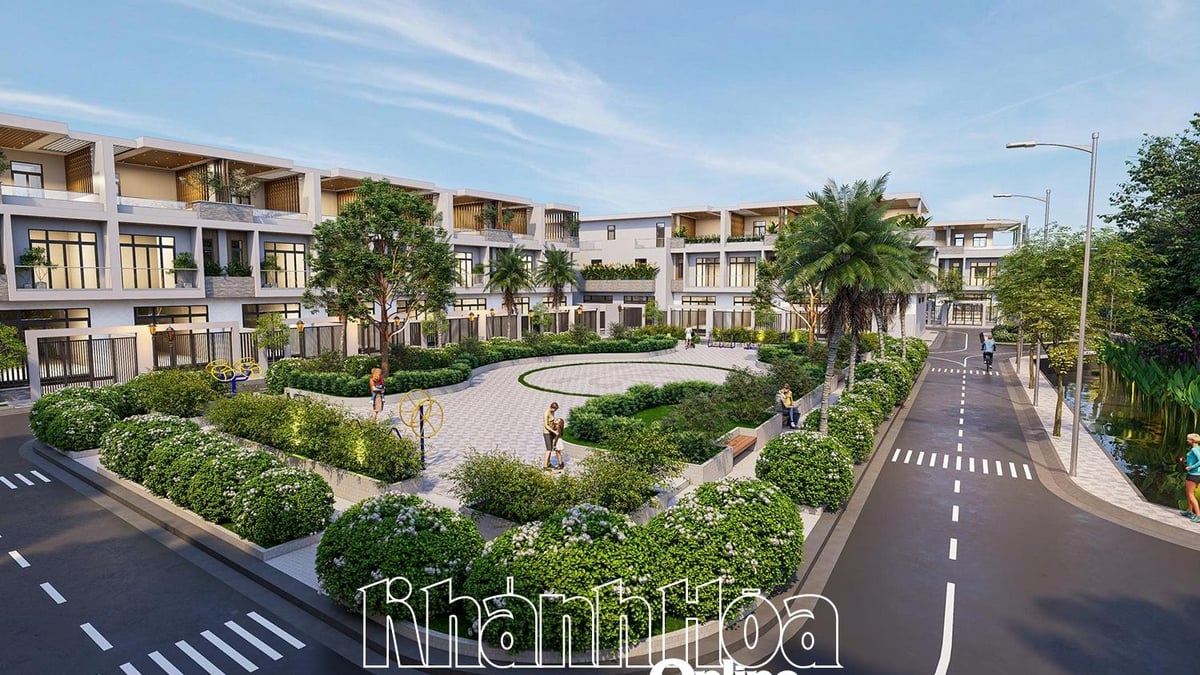
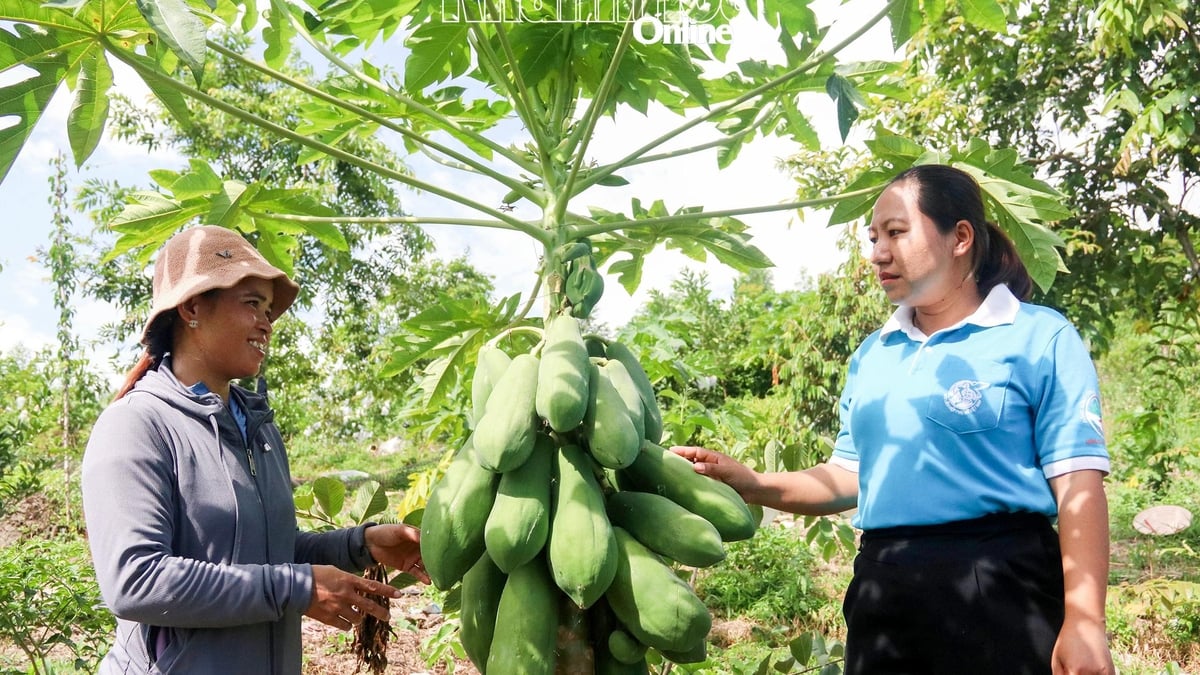









































![[Maritime News] More than 80% of global container shipping capacity is in the hands of MSC and major shipping alliances](https://vphoto.vietnam.vn/thumb/402x226/vietnam/resource/IMAGE/2025/7/16/6b4d586c984b4cbf8c5680352b9eaeb0)













































Comment (0)